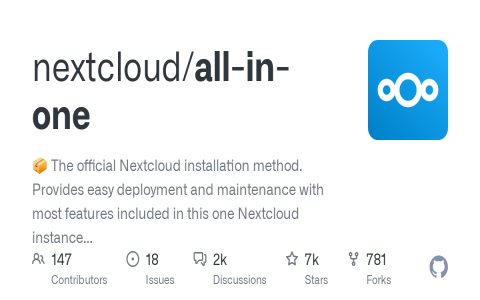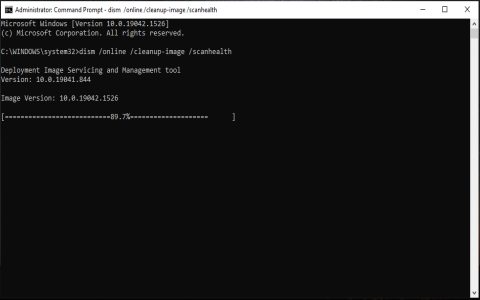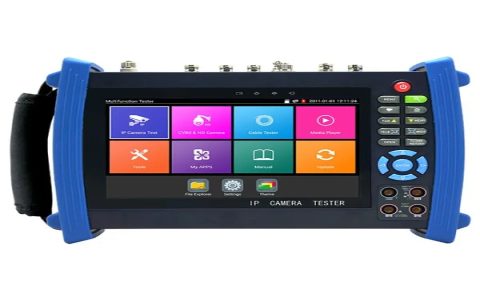ownCloud and Nextcloud are both popular open-source file synchronization and sharing platforms, enabling users to store, manage, and share files, calendars, contacts, and more. Nextcloud originated as a fork of ownCloud, leading to many shared functionalities but also distinct evolutionary paths.
Core Similarities
At their core, both platforms offer robust solutions for:
- File Sync & Share: Securely synchronizing files across multiple devices and sharing them with internal or external users.
- Cross-Platform Access: Clients available for desktop (Windows, macOS, Linux) and mobile (iOS, Android), plus web access.
- Collaboration Features: Tools for versioning, comments, and basic collaborative editing (often via integrations).
- Extensibility: Both support apps or plugins to add functionality like calendars, contacts, task management, and more.
- Security Focus: Both emphasize data security and privacy, offering features like encryption and access controls.
- Self-Hosting Capability: Designed to be hosted on your own servers, giving you complete control over your data.
Key Differences
Despite their shared heritage, crucial differences exist, primarily stemming from Nextcloud's fork and subsequent development philosophy:

-
Licensing and Open Source Model:
- Nextcloud: Fully open-source under the GNU AGPLv3 license. All features, including those targeting enterprise users, are available under this single license. There is no separate proprietary enterprise version; support is offered as a service.
- ownCloud: Operates a dual-licensing model. The "Community Edition" is open-source (AGPLv3). The "Enterprise Edition" includes additional features (often focused on performance, scalability, and specific integrations like SharePoint or Windows Network Drive) which are proprietary and require a commercial subscription.
-
Feature Availability:
- Nextcloud: Tends to include a wider array of features in its standard, free offering, such as integrated video conferencing (Nextcloud Talk), collaborative office suite integration (e.g., Collabora Online, ONLYOFFICE), and groupware functionalities.
- ownCloud: While the Community Edition is feature-rich, some advanced functionalities, particularly those aimed at large-scale enterprise deployments or specific compliance requirements, are exclusive to its paid Enterprise Edition.
-
Development Pace and Community:
- Nextcloud: Generally has a more rapid development cycle with frequent releases. It boasts a large and highly active open-source community contributing to the core platform and its extensive app ecosystem.
- ownCloud: Development, particularly for its enterprise version, is more centrally managed with a strong focus on stability and curated features for enterprise clients. The community around the open-source edition is smaller compared to Nextcloud's.
-
Target Focus and Ecosystem:
- Nextcloud: Positions itself as a complete content collaboration platform (Nextcloud Hub), appealing to a broad audience from individual users and SMEs to large enterprises, with a strong emphasis on an entirely open-source stack.
- ownCloud: While serving a diverse user base, its commercial strategy heavily targets large enterprises and organizations with specific needs for proprietary add-ons, dedicated support contracts, and integrations common in corporate environments.
-
Monetization Strategy:
- Nextcloud: Monetizes primarily through enterprise support subscriptions, custom development, and partnerships. The software itself remains fully open.
- ownCloud: Monetizes through subscriptions to its Enterprise Edition, which unlocks proprietary features and professional support.
Choosing Between Them
The choice largely depends on specific requirements:
- Choose Nextcloud if: You prioritize a fully open-source solution with a vast array of built-in features, a rapid development cycle, and a large community. It's often favored by those seeking maximum features without proprietary lock-in.
- Choose ownCloud if: You represent a larger enterprise that requires specific proprietary features or integrations offered in its Enterprise Edition, or if your organization has an existing preference or investment in the ownCloud ecosystem and its commercial support model. The Community Edition remains a viable option for basic file sharing needs.
Both platforms are mature and capable. Evaluating the specific features, support needs, and licensing preferences will guide the best decision for your use case.









